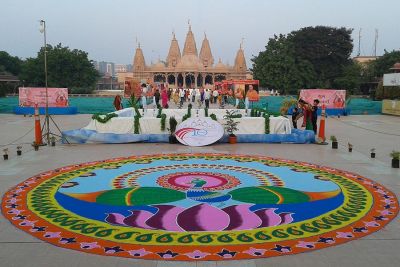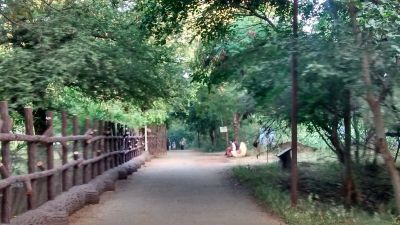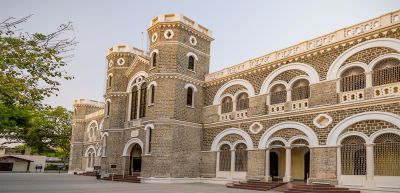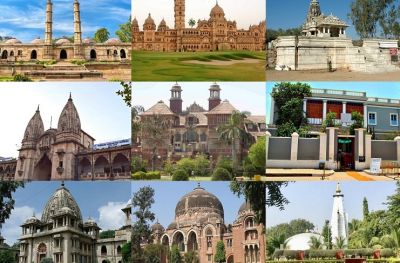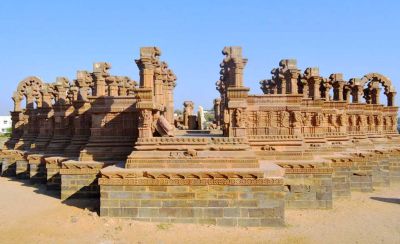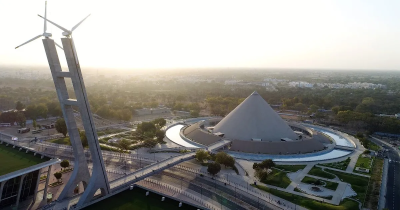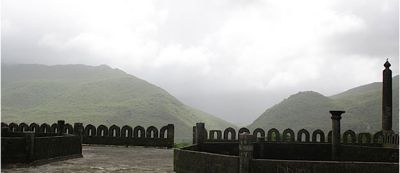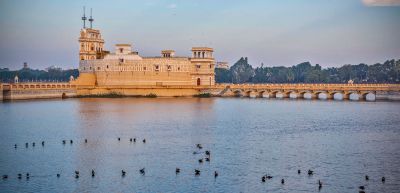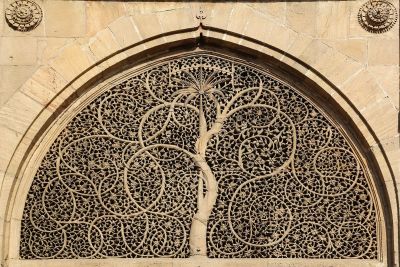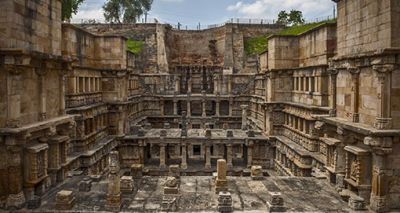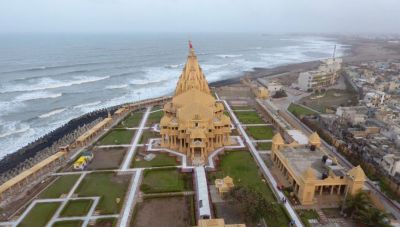Takhteshwar Temple, Bhavnagar, Gujarat, India
History of the Temple
The Takhteshwar Temple is a significant historical and religious site located in Bhavnagar, Gujarat, India. It stands atop a small hillock providing a panoramic view of the Gulf of Khambhat. Named after Maharaja Takhtsinhji, the temple was constructed in the year 1893 with the patronage of his highness Maharaja Takhtsinhji. Constructed with white marble, the temple is dedicated to Lord Shiva and is a splendid example of Indian craftsmanship and architecture of the time.
Tourism History
Tourism at Takhteshwar Temple has a long history, flourishing since its inception due to its religious importance and striking architecture. Devotees and tourists have been visiting this temple for over a century, gaining more popularity as Bhavnagar itself developed as a trading hub. The addition of other tourist attractions in Bhavnagar has subsequently increased visits to the temple.
Visitor Experience
Visitors of the Takhteshwar Temple are greeted with a serene atmosphere and a majestic view from the hill. The temple sees an influx of tourists during the Mahashivratri festival, where the festivities are at their peak and the cultural essence of the place can be fully experienced. At other times, the temple offers a quieter environment for worship and contemplation.
Latest Tourism Trend
The latest trend in tourism at Takhteshwar Temple and Bhavnagar, in general, is the increase in eco-tourism and cultural tourism. Visitors are now more interested in understanding the local culture, history, and the environmental aspects of the destinations they visit. There is a growing preference for experiences over plain sightseeing, such as participating in local festivals, food tours, and nature walks.
Moreover, with the advent of digitalization, more tourists are using online platforms to book their visits, guide services, and seek virtual tours before they decide to visit physically. Bhavnagar, being a locale of historical significance, has also seen a rise in heritage walks and interactive museum visits to engage tourists in the city's storied past.
Conservation and Sustainability Efforts
There is a commitment to maintaining the temple's structure and surrounding environment, ensuring that tourism does not interfere with the sanctity and esthetics of the temple. Efforts are being made to manage waste and crowds, especially during festivals, to keep the temple premises clean and to preserve its natural and historical heritage.


